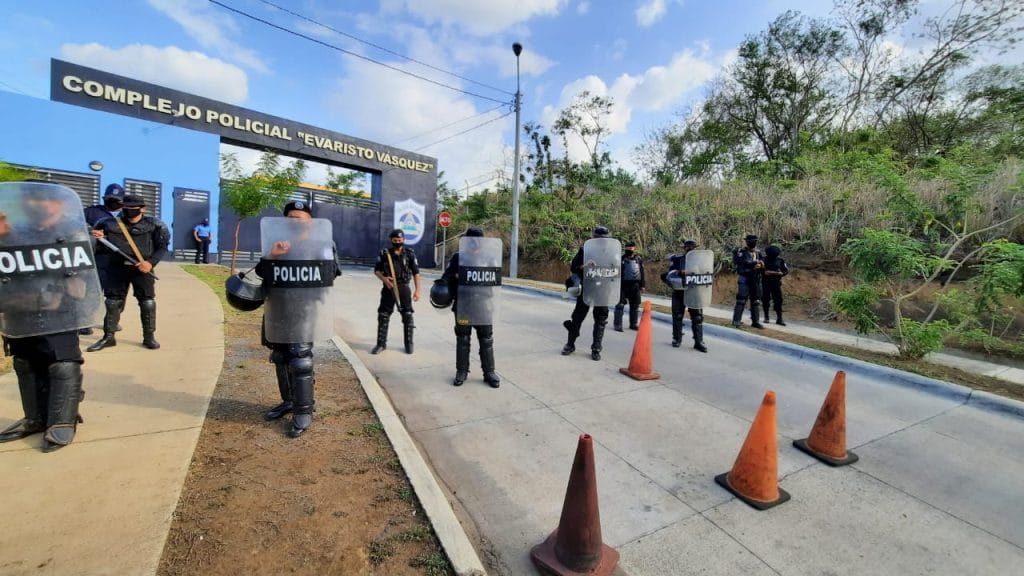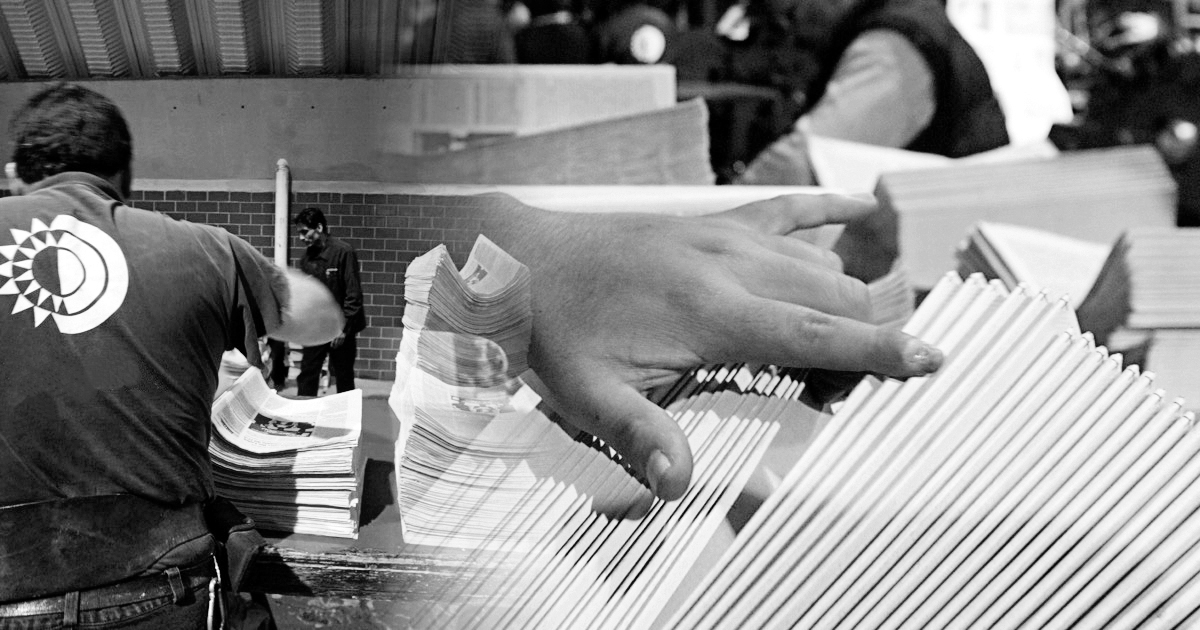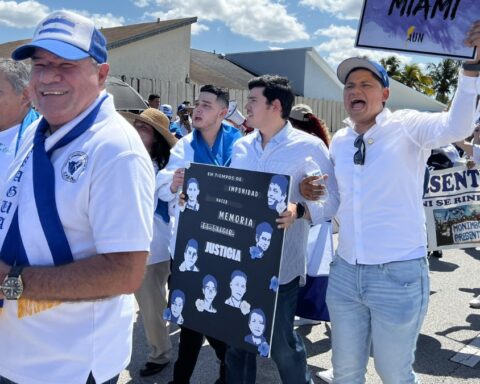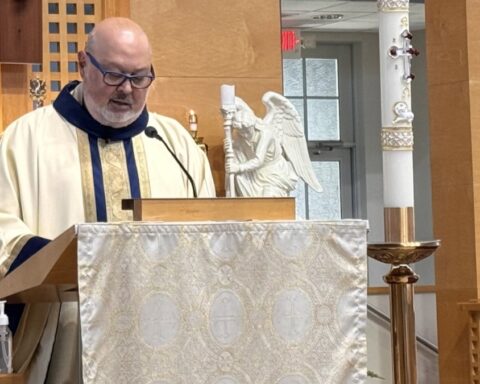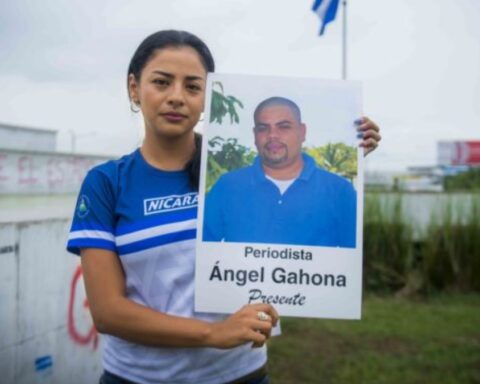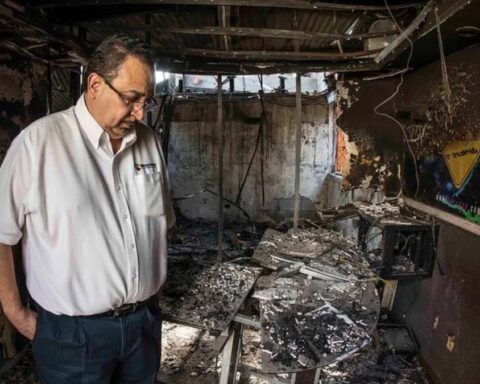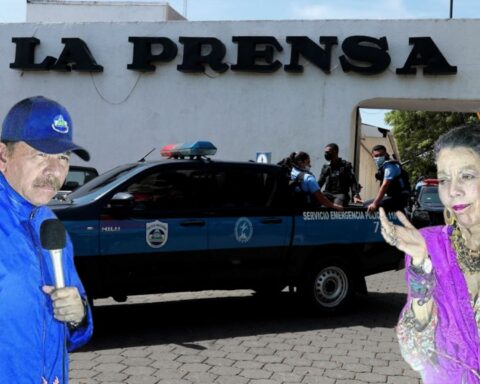The isolation and incommunicado detention of 27 political prisoners in El Chipote, who have already served 66 days without receiving a family visit, is part of the regime’s “strategy” to prevent the flow of information for public denunciation of the cruel treatment inmates receive. of conscience, and in a particular way, about the state of prisoners on hunger strike; considers the lawyer and human rights specialist, Uriel Pineda.
Since mid-September, political prisoners Dora María Téllez, Miguel Mendoza, Róger Reyes and Irving Larios have been on a hunger strike demanding an end to the solitary confinement and torture regimen. For the jurist, the actions of resistance and courage that political prisoners can undertake from inside the prisons, “may encourage the main fear of the regime: some outbreak of protest or some actions outside the prisons of the regime.”
For this reason, the regime responds to these resistance actions, raising the level of pressure on them, “to break their wills”, despite the fact that it has never been able to break them, nor get them to blame themselves for crimes they did not commit, says Pineda. . Although at this point, the regime no longer seeks to be “self-incriminate”, but rather intends to prevent their protests from leading to widespread social discontent that persists in the country in the face of relative calm.
In the interview he gave to the program Esta Semanabroadcast on social networks due to censorship in Nicaragua, Uriel Pineda also analyzes the escalation of repression against the Catholic Church with the new political trials against priests, and the repression that extends within the Judiciary.
What is the reason why you think the regime keeps them under these torturous conditions?
Suspending the visit is to prevent the flow of information about this type of treatment, about harassment and other practices that can undoubtedly constitute a practice of torture, so this flow of information about the treatment of political prisoners It begins to dominate the international agenda on Nicaragua in terms of human rights, and consequently it is negative publicity for the regime that can explain the restriction of family visits. In any case, it is to cut off that flow of information and that the news does not transcend beyond the impediment of family visits.
There are political prisoners like Miguel Mendoza, Dora María Téllez, Irving Larios, and Róger Reyes, who started a hunger strike more than a month ago. Is this a reprisal for an act of resistance?
The main objective of torture is the breaking of the will of the person, so if political prisoners bravely, forcefully resist and, on top of that, take measures like this one of hunger strikes in demands for the fulfillment of their rights, what What happens in any case is that the regime raises the level of pressure on them, to break their will and desist from this type of practice.
Because it is important or transcendent for the regime to break these hunger strikes or these brave demonstrations, these actions that finally keep alive a flame of hope, because imprisonment has not been enough to break their will and their determination, their commitment to the fight for the freedom of Nicaragua. It is important for the regime that this stop because the actions that political prisoners can take from inside the prisons can encourage the main fear of the regime: some outbreak of protest or some actions outside the prisons of the regime.
What do international human rights standards say about the responsibilities of the State that holds prisoners on hunger strike in solitary confinement?
I do not mean that this is limited to a protocol or recommendations based on what to do as an authority when a person asks for freedom, or decides to enter a hunger strike as a gesture of protest. There is something much deeper here and this has to do with this chain of actions by the regime, how illegal arrests have been made, how the right to defense has been hindered, how criminal responsibility is intended to be determined with deficient criminal definitions, which clearly they are confronted with the substantial content of human rights such as freedom of expression.
It is a chain of actions that has turned the Judiciary in Nicaragua into the last repressive instance to commit, or specify a policy of persecution that the result of the implementation of that policy naturally leads to the commission of crimes against humanity.
Despite this regime of torture sustained for more than 16 months, the regime has never been able to make prisoners of conscience plead guilty to something they did not commit. What effect does this have on the regime’s intentions to criminalize critical voices? ?
We are in a new (repressive) wave, and this new wave has a reach to opposition middle sectors, or any of us are a threat to the regime, and since the regime’s options have run out that there is no current opposition to repress, then their internal distrust is what begins to surface and what can justify, for example, the actions taken against officials of the Judicial Power, that is, to contain any internal explosion.
The regime is no longer seeking, nor is it needed, to justify the detention of these people or in any way intimidate other opposition efforts. What they are doing right now is a containment mechanism within the regime, to avoid any social explosion, and above all any act of betrayal that could eventually have a political cost for the regime.
So if we see it from that perspective, this is not aimed at seeking self-incrimination, this has to do more than anything, with an element of both external and internal containment of things that can be unleashed or that can derive from generalized social discontent that persists in the country in the face of this relative calm.
In this 2022, there are 26 new prisoners of conscience, including priests, and relatives of politically persecuted, who are accused of conspiracy and spreading false news. doWhat is your assessment of these new political trials?
The Church was the last critical voice within the country to the repressive actions of the regime, which explains the attack against the Church. And this gave the last repressive turn of the regime as a starting point, that is, to go against the least loyal within its structures, or to go against people who do not consider trustworthy in the structures of the regime, and for that reason the persecution also of the Judiciary and other public institutions, because there is no longer a social class, a social structure to repress and now its only enemy is the internal nonconformity that the regime may have. In such a way that what happens with the Church not only threatens religious freedom from a formal perspective of human rights, but is explained from the repressive and concatenated strategy that the regime has had against society as a whole.
What prevails in the country is an atmosphere of anxiety, an atmosphere of fear.

